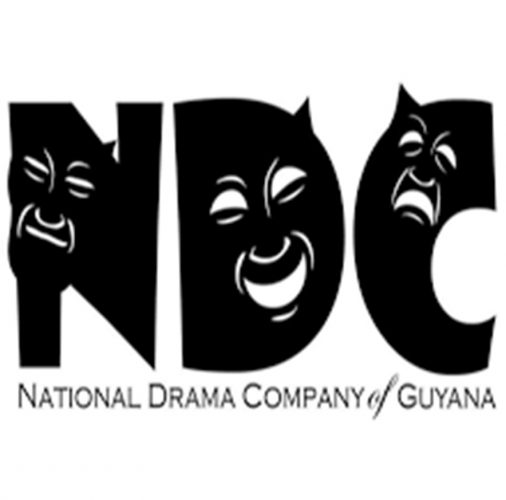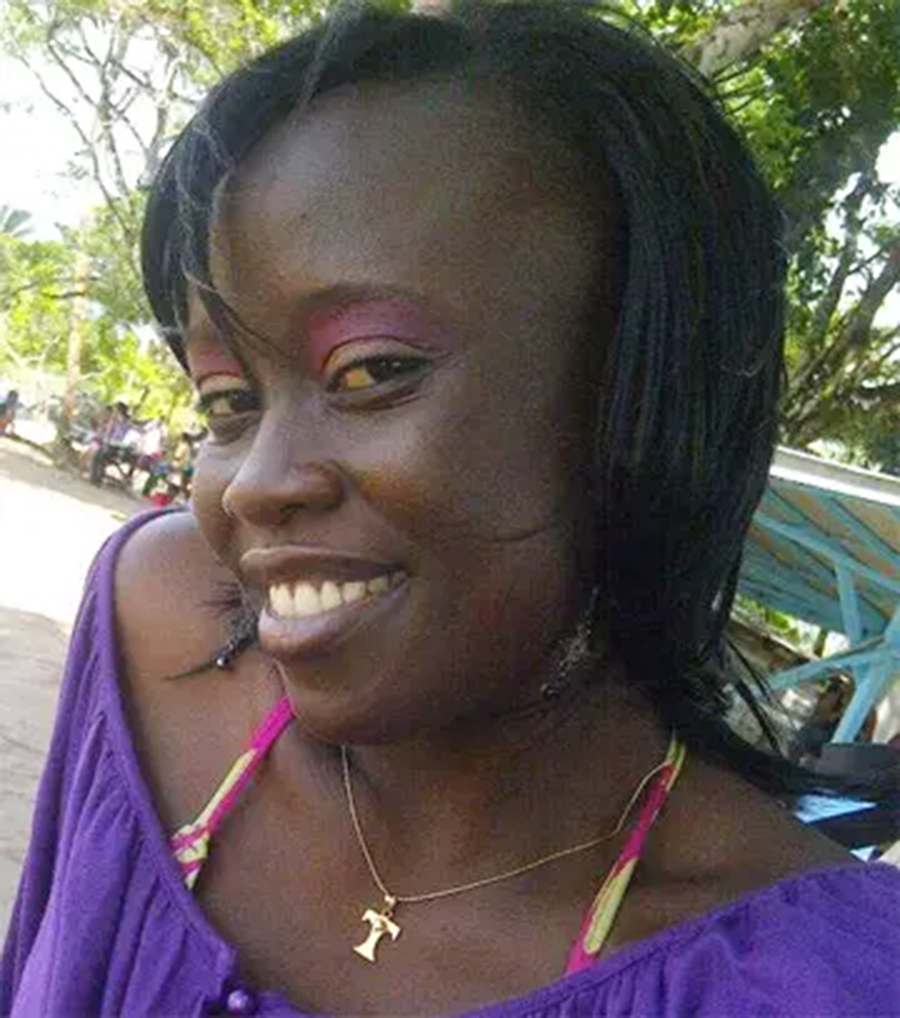 Among the national events to mark the 185th anniversary of Emancipation was an effectively packaged theatrical performance titled “August Morning – Opening of the Day”. This was a variety programme of music and dance efficiently sewn together by dramatic narration focusing on the theme of emancipation. Many items were drawn from popular music having their own existence and interests in subject matter, but it was not difficult for them all to fit a general preoccupation with expressions of freedom, liberation, identity or tradition.
Among the national events to mark the 185th anniversary of Emancipation was an effectively packaged theatrical performance titled “August Morning – Opening of the Day”. This was a variety programme of music and dance efficiently sewn together by dramatic narration focusing on the theme of emancipation. Many items were drawn from popular music having their own existence and interests in subject matter, but it was not difficult for them all to fit a general preoccupation with expressions of freedom, liberation, identity or tradition.
The overall purpose was a stage celebration hosted and performed in a space erected on the lawns of State House, the official residence of the President of Guyana. It was produced by the Ministry of Culture, Youth and Sport with performances by a variety of artistes whose work was selected and arranged thematically. According to the programme design, the items were introduced dramatically and staged by the National Drama Company which provided narration and a dramatic concept.
 The sequences included drumming, reggae, folk singing, dance, an exhibition by fire eaters and soca in different styles. Despite the differences, there was a uniting thread drawn through them all that lent the programme its dramatic concept.
The sequences included drumming, reggae, folk singing, dance, an exhibition by fire eaters and soca in different styles. Despite the differences, there was a uniting thread drawn through them all that lent the programme its dramatic concept.
Performers included Jackie Jaxx, Diana Chapman, Melissa ‘Vanilla’ Roberts, Abel Stokes, Samuel Medas, Niketa and Calvin Burnett with accompaniment by the Heatwave Band. There was a new folk singing group led by Stokes and Christian Sobers, trained by Burchmore Simon. The team of drummers featured members of the group Drums for Life, while there were appearances by the National Dance Company and the Joro Dance Company.
The performances were introduced in accordance with the thematic and dramatic concept, which was the responsibility of the National Drama Company, which scripted the introductions and directed the staging with Tashandra Inniss as stage manager. There were five narrators – Sonia Yarde, LeTisha Da Silva, Mark Luke-Edwards, Lorraine Phillips and Allia George – all members of the company.
The title, “August Morning – Opening of the Day” arose from the concept and design of the programme. It refers to Emancipation Day and the idea of freedom and liberation of the mind; the beginning of the political existence as sovereign people and what took place culturally and historically in 1838 and after.
“August Morning” means the First of August, and it is a term used by the former enslaved people to refer to that date and to the morning when slavery was abolished. It is also used to refer to the “opening of the day” of both the status as free people and of the celebrations. The term “J’ouvert” (Jour Ouvert – French for opening of the day) is used in Trinidad Carnival to refer to the beginning of carnival celebrations. The same idea is used here to refer to how the villagers used to celebrate from the night before (July 31) through to the morning of August 1.
The programme performed at State House last Friday recalled a soirée, (another French derivative, this was formed from soir, which means evening or night; soirée, refers to a duration of time usually translated as evening, according to Merriam Webster). Locally, a soirée, has traditionally been an emancipation event, and the narrators related all the performance items to the emancipation concept and pretended that the programme was a soirée.
People in the post-emancipation free villages had a certain pattern included in their celebrations. They started the night before –July 31, the eve of Emancipation Day with social gatherings and performances, leading into the spiritual factors. It is important to elaborate on this a bit, because the people had also been socialised into Christianity. They went to church services. But there was a tendency towards a dual existence – as Christians, but also retaining African religious beliefs and practice.
Among the traditional ways of celebrating or marking the occasion was the holding of vigils through the night and the spiritual ceremonies at midnight. This included the ritual of pouring libation in honour of the ancestors. But the activities included festivities which went on all night into the morning.
The soirée was a whole night of performances, rituals and ceremonies – a public street affair with various entertainments including musical performances and dancing. The traditional versions of such events are all but extinct in Guyana; the last known remnants in Hope Town and Lichfield appear to have disappeared. However, the narrators in “August Morning” were able to relate the performances to the context of a soirée. Consequently, their relevance to the idea of emancipation were articulated by Yarde, Luke-Edwards, Da Silva, George and Phillips.
Aside from solo performances, drums were used as accompaniment for other items, and the significance of these musical percussion instruments were referenced. They had many roles to play for the Africans and the descendants of the enslaved. Speaking for those people, one narrator declared, “We called upon them for communication, for worship, for healing and for war” also reminding that “they entertain, as they are doing in this evening’s programme”. In the old African traditions, drums were spiritual instruments used in rituals and ceremonies. They were also used to celebrate on a wide variety of occasions, and provided rhythms for dance, including ceremonial dances. But they are normal percussion instruments in music used for accompaniment while being capable of playing substantive compositions.
Much was said about dance, including the close relationship between dance and drumming in the African traditions, and this was certainly exhibited. They had to do with dirges, related to mourning, as much as with high celebration.
The National Dance Company performed a new choreography of African dance, and the following was said to introduce it: “Guyana inherited a powerful African dance tradition. Consider costume, image, theme and symbol… This soirée takes us into the heart and soul of post-colonial dance with the exploration of form in memory of that tradition.”
The Joro Dance Company also did African dance that could be related to the soirée. Some of the African traditional dances are celebratory, others are articulators of combat. These are all high energy dances, and the Joro Company did a reprise of the tradition. Some of the dances were functional rituals in the slave society to signal either resistance or high celebration, and the group recreated some of what would have been done.
That much was also expressed in song as Vanilla Roberts did in “Rage”, a soca song that pays tribute to the drum and to the tradition. It is high energy with reference to the rhythms of battle, struggle, power and celebration.
The narrators related other songs to storytelling, which has been a tradition with tales of heroes or myth, or to triumphant statements of inspiration about rising to freedom. Those themes and traditions were relevant to the performances of Jaxx, Chapman, and Nikieta.
The relevance of the folk songs performed had to do with their expressions and interpretations of daily life in the villages often expressed in as much innuendo and suggestiveness as in teaching lessons aimed at correction and in revelry. Overall topics relating to traditional practice highlighted in the “August Morning” selections reminded that all these types of performances belong to traditions often expressed in creative forms composed by communities of people dramatising several generations of village life. What can be found in them is a picture of social and human development since the time of emancipation.





